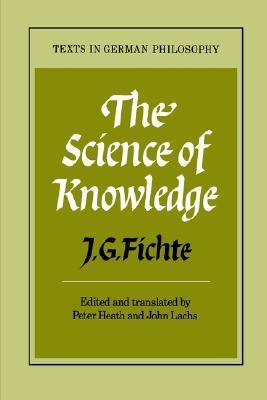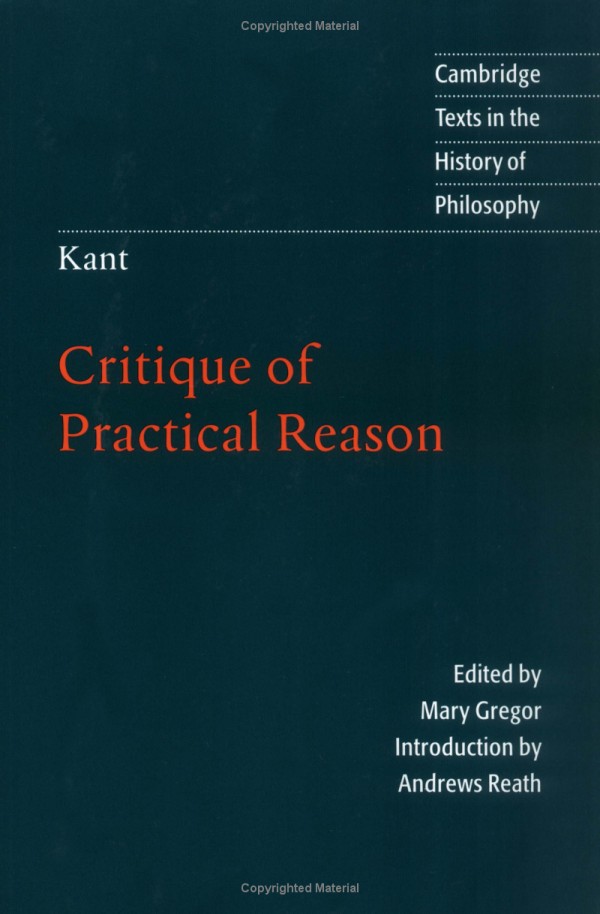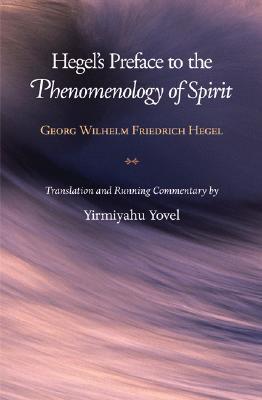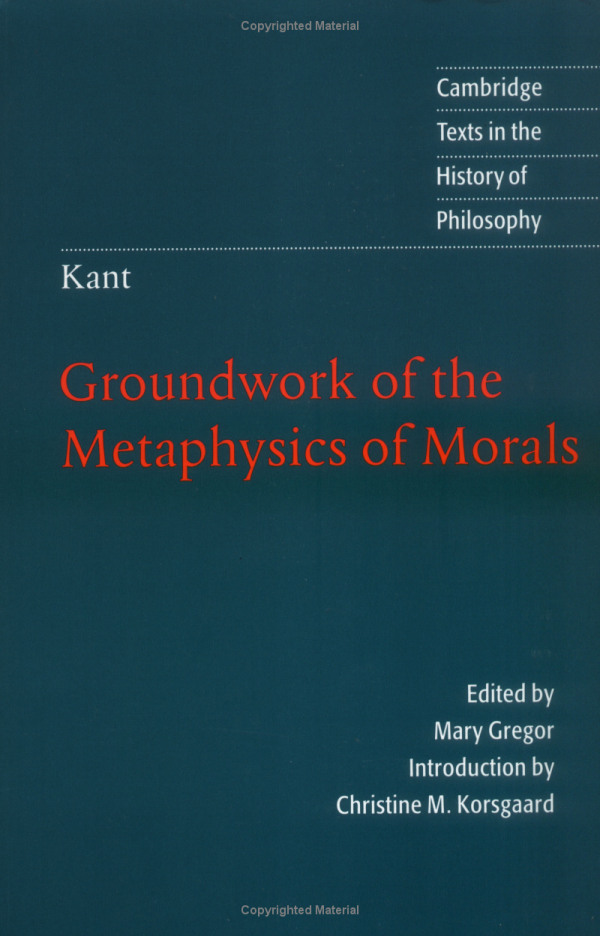
Science of Knowledge: With the First and Second Introductions
Book Description
Unlock the profound mysteries of existence and knowledge in 'Science of Knowledge: With the First and Second Introductions' by Johann Gottlieb Fichte. As philosophical boundaries blur, Fichte challenges everything you thought you knew about selfhood, consciousness, and reality. With elegant precision, he navigates the intricate dance between the individual and the world, weaving together emotion and intellect in a breathtaking exploration of human experience. Each page pulsates with urgency, prompting readers to confront their deepest beliefs. What if the very foundation of your understanding was just the beginning of a far greater journey?
Quick Book Summary
In "Science of Knowledge: With the First and Second Introductions," Johann Gottlieb Fichte lays the groundwork for his fundamental system of philosophy, building on and moving beyond Kant’s transcendental idealism. Fichte explores the active role of the self (the "I") in constituting all knowledge and reality, presenting a dynamic relationship between subject and object. He insists that our consciousness is not a passive receiver of information, but an active producer of knowledge, where the self posits both itself and the not-self in the pursuit of meaning. Through rigorous dialectic and philosophical precision, Fichte confronts readers with fundamental questions about existence, the certainty of knowledge, and the unity of self and world. The work’s First and Second Introductions clarify and expand these revolutionary ideas, challenging the reader to understand the very possibility of knowledge and the ethical implications of self-determination.
Summary of Key Ideas
Table of Contents
The Self as Producer of Knowledge
Fichte posits that the foundation of all knowledge lies in the activity of the self or "I." Rather than treating consciousness as a passive mirror, Fichte proposes a radical view where the self actively constitutes itself and its objects, making knowledge a process that is originary rather than derivative. This move, inspired yet distinct from Kant, reframes philosophy’s focus on the power of self-positing, establishing that consciousness is, at root, an action. Knowledge is thus not something received, but produced through an ongoing process of the self's engagement with itself and the world it experiences.
The Foundation of Consciousness
Central to Fichte’s system is the distinction and relationship between the self (the "I") and the not-self (the world outside the self). He presents a dialectical structure: the self posits itself, then posits a not-self opposed to it, and their necessary interaction underpins all experience. This interplay is dynamic, as the self continually strives to assert itself while recognizing the resistance of the not-self. This tension becomes the engine of growth, learning, and the evolution of knowledge, offering a new way to understand subjectivity and objectivity.
The Relationship Between Self and Not-Self
The ethical and practical implications of Fichte’s philosophy are considerable. If the self is essentially active and free, then self-determination and autonomy become fundamental principles. Fichte explores how philosophy must connect with human morality; our striving for knowledge mirrors our striving for ethical betterment. The capacity for freedom inherent in self-consciousness is not merely speculative, but grounds an imperative towards responsible action, moral development, and the endless improvement of both individual and community.
Freedom, Ethics, and Self-Determination
Fichte also addresses the limits and aspirations of philosophical inquiry. While the self’s structures enable knowledge, they also bound it, meaning not all reality is transparent or accessible to reason. However, Fichte argues that the process of philosophical investigation deepens self-understanding and liberates reason, rather than confining it. The introductory sections guide the reader through the rationale, need, and scope of the Science of Knowledge, aiming to clarify how philosophy transcends dogmatism and skepticism alike by returning to first principles and reconstructing the path of reason itself.
Limits and Possibilities of Philosophical Inquiry
Ultimately, "Science of Knowledge" is a call to radical self-examination. Fichte dissolves the apparent divides between intellect and emotion, freedom and necessity, self and world. He asserts that understanding the very act of knowing is the step toward a more unified and purposeful existence. The work endures as a critical point in German Idealism, inviting all who engage with it to rethink the basic assumptions of thought, ethics, and human agency.
Download This Summary
Get a free PDF of this summary instantly — no email required.





